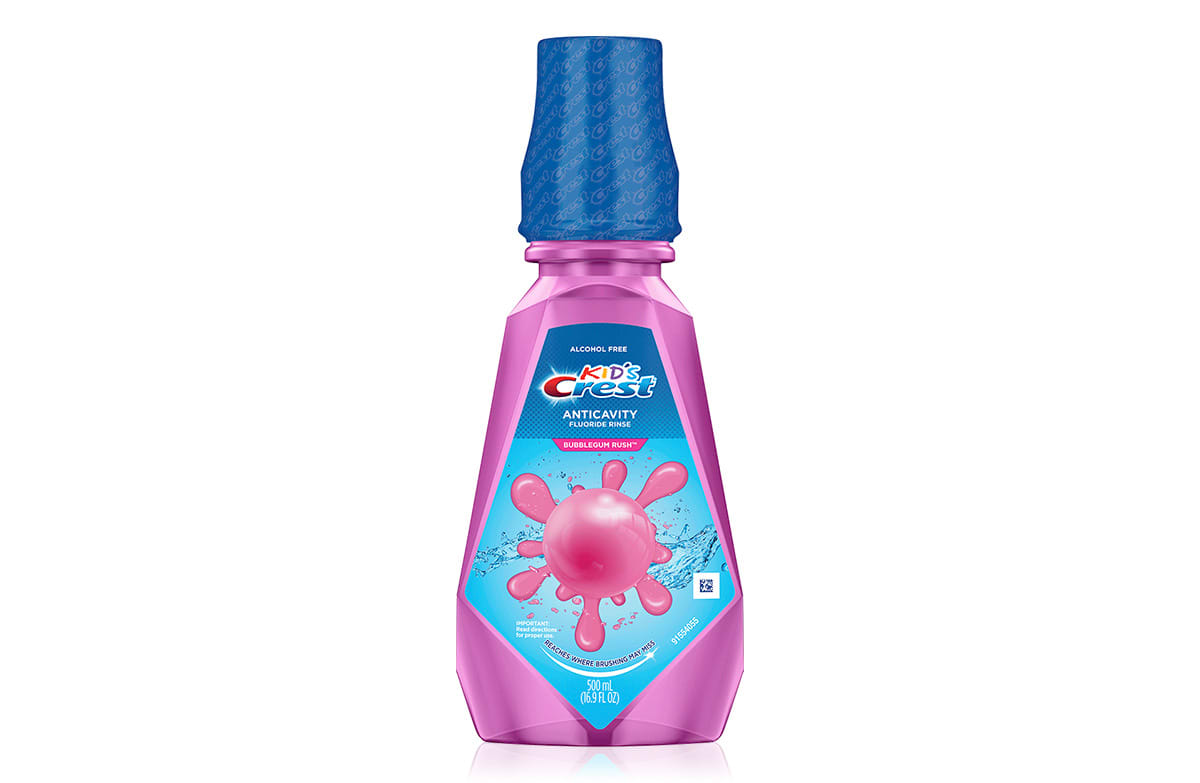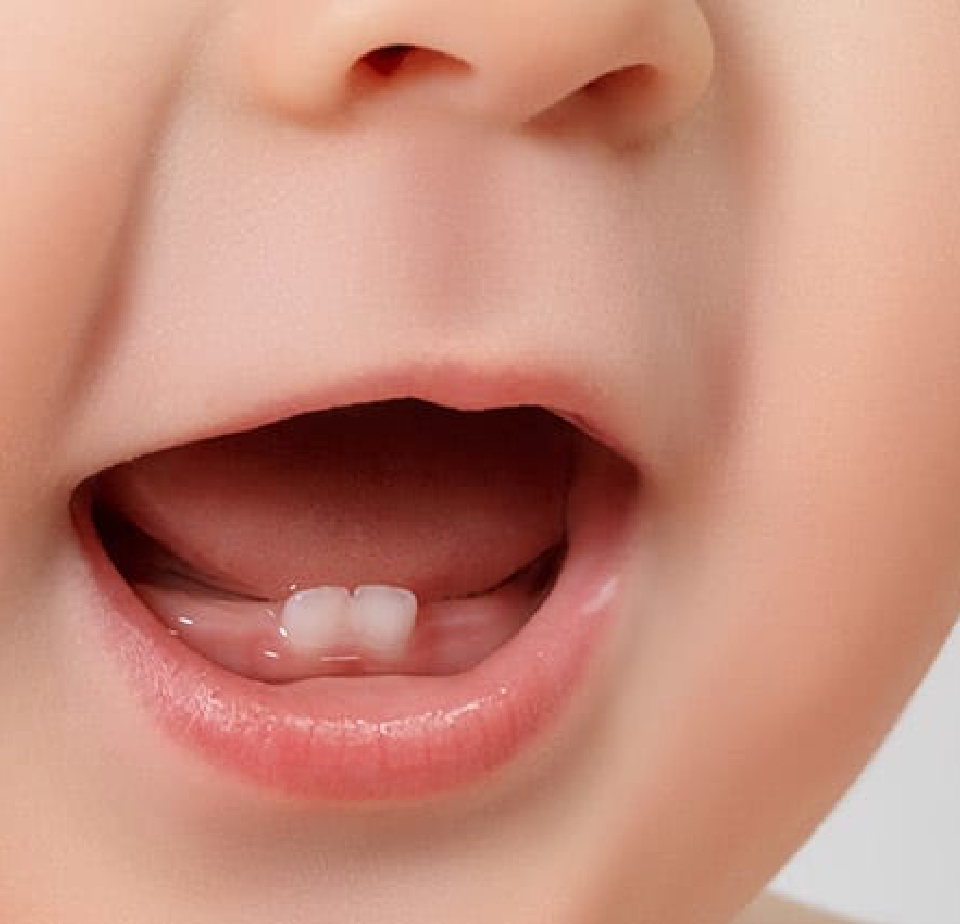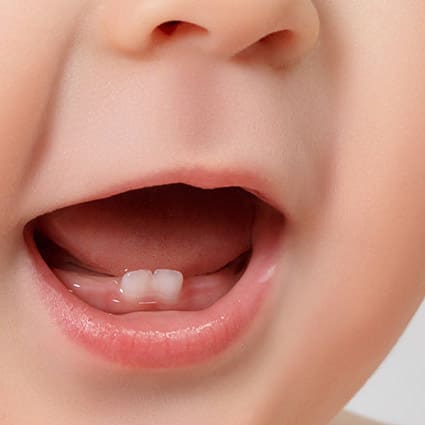BABY-0-2
Baby Teething: When It Starts, Signs, and Relief

The moment your infant’s baby teeth begin to emerge is an important milestone, but the process of teething can be tough for both you and your baby. While baby teething is different for every child, there are recognizable symptoms to look out for, as well as some effective treatments to remedy the discomfort.
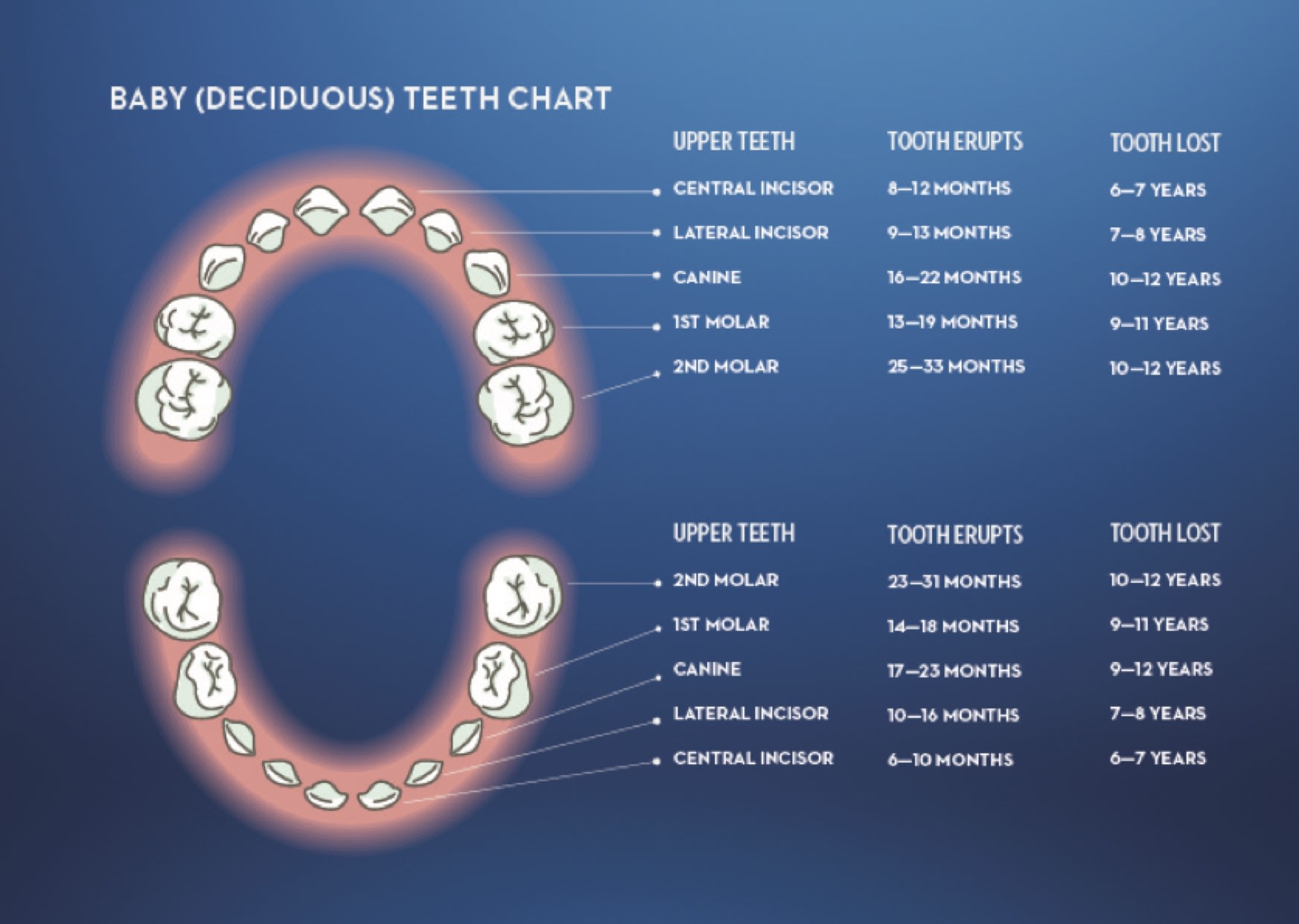
When Do Babies Start Getting Their Teeth
You can expect baby teeth to begin erupting around six months old, but it’s not uncommon for them to come in around four months. It’s understandable that many parents of teething babies will want to refer to a baby teeth chart to try to understand when to expect them to come in. While these charts are helpful, it’s important to remember that all children are different.
Your child’s first set of teeth will erupt over the course of the next several years. These will be their 20 primary, or baby teeth. It’s common to see signs of teething in the first four to seven months, and most children will have a full set by the time they turn three years old. Many of these early teeth will erupt in pairs, which is often the reason for babies getting cranky when a tooth erupts because it’s an indicator that another one is simultaneously pushing its way through.
Baby Teething Symptoms
Understandably, many parents wonder when their babies will start teething, as it is known to be a tumultuous time for both the infants and parents. For each tooth that is emerging, teething symptoms can last up to several days. Although, for some lucky babies (and parents) teething will take place with hardly any noticeable signs. Just remember, there are no set rules for this milestone.
Here are the most common signs that your baby is teething:
- Drooling
- Biting and chewing on things
- Excessive sucking
- Low appetite
- Rash around the mouth area
- Swollen or bulging gums
- Irritability
- Trouble sleeping
- Ear pulling
- Rubbing their face
- Tooth visible below the gum

What to Do for Your Teething Baby
Teething can be a confusing and painful time for your little one as their teeth are pushing through their gums, and this can understandably can make for a very stressful time for parents as well. So, if your baby is exhibiting discomfort, here are some effective baby teething remedies you can try:
- Rubbing your baby’s gums: You can use a clean finger or a moist gauze pad to rub your baby’s gums. The light pressure can help to relieve your baby’s discomfort.
- Cool off the gums: Using a cold spoon or even a chilled washcloth can sooth a baby’s gums by naturally numbing them. Chilled teething rings are also an option, but never freeze them.
- Baby teething toys: Teething toys are also an option, such as baby teething necklaces. If you do use teething toys, make sure they are age-appropriate, BPA-free, and nontoxic.
- Hard foods: If hard foods are being introduced into your baby’s diet, try sliced and peeled vegetables like chilled cucumber or carrot. Be cautious that none of these pose a choking hazard.
- Drool cloth: It’s common for teething babies to exhibit excessive drooling. To prevent skin irritation during this symptom, keep a clean cloth handy.
- Over-the-counter remedy: If your baby is especially fussy, try Tylenol or ibuprofen, but avoid benzocaine or lidocaine, as they can be harmful or fatal.
While teething can be stressful, it’s much more manageable once you understand what’s happening and know how to treat the symptoms.
Does Teething Disrupt Sleep?
Since teething can cause discomfort, it is not uncommon that your baby may wake up at night or fuss more at bedtime. Often this will only last a night or two, and passes once the teeth have erupted, however if sleep does get off track you can check out the Smart Sleep Coach by Pampers™. Designed by pediatric sleep experts, this science-powered app guides you step-by-step to help get your little one (and you) sleeping better!
Discover More
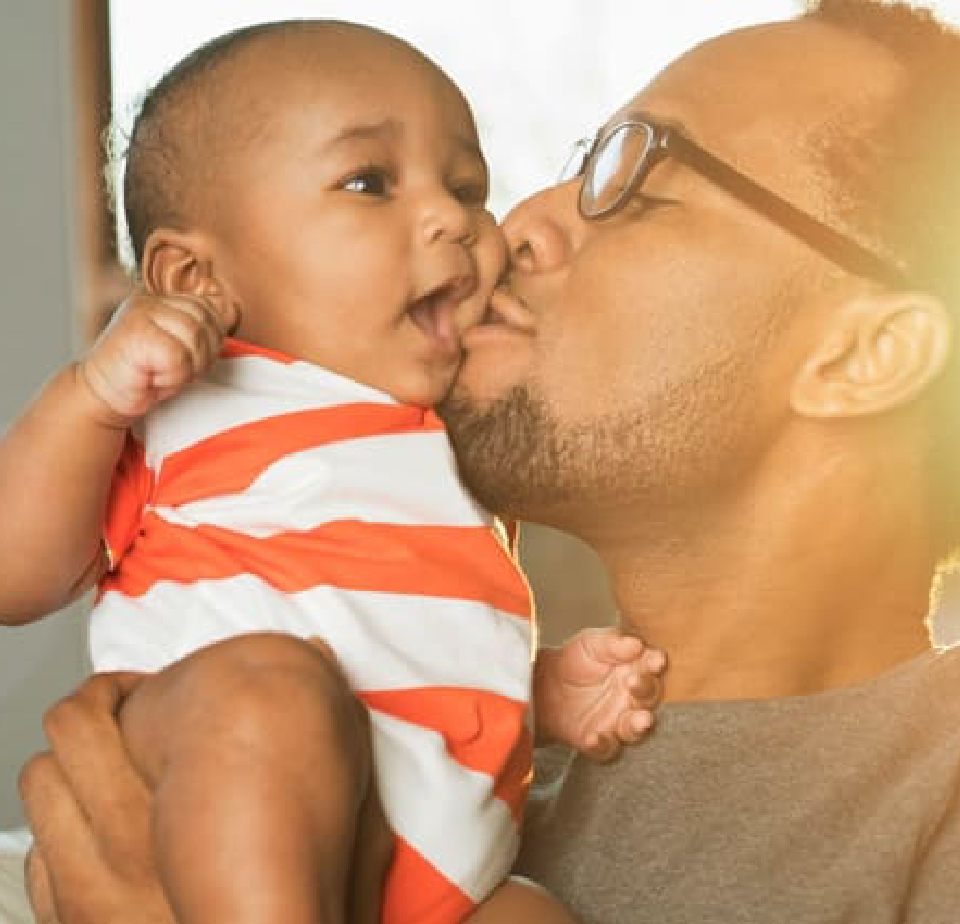 Baby Bad Breath: How to get rid of baby bad breath?
Baby Bad Breath: How to get rid of baby bad breath?
